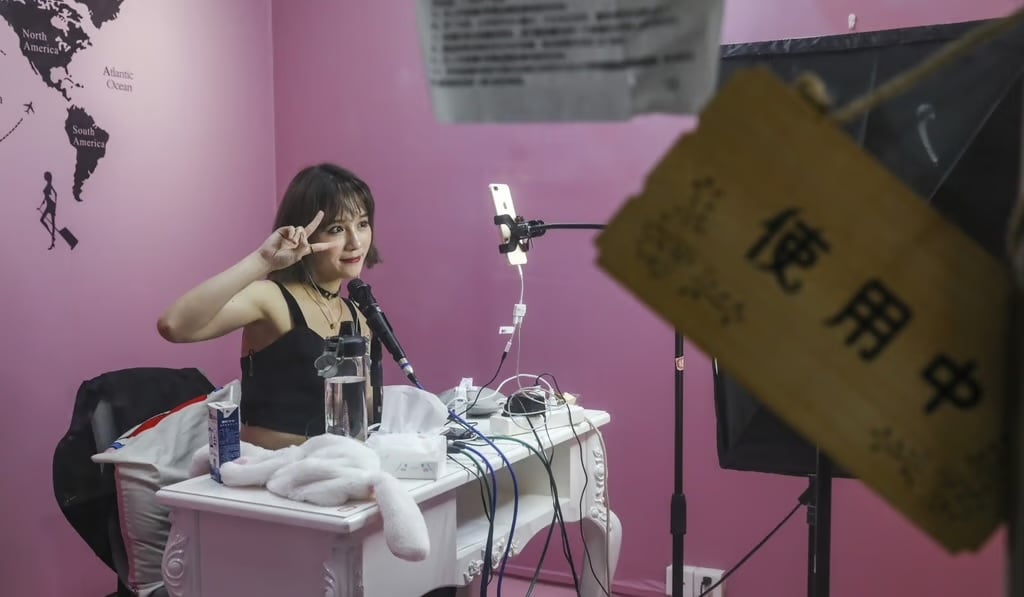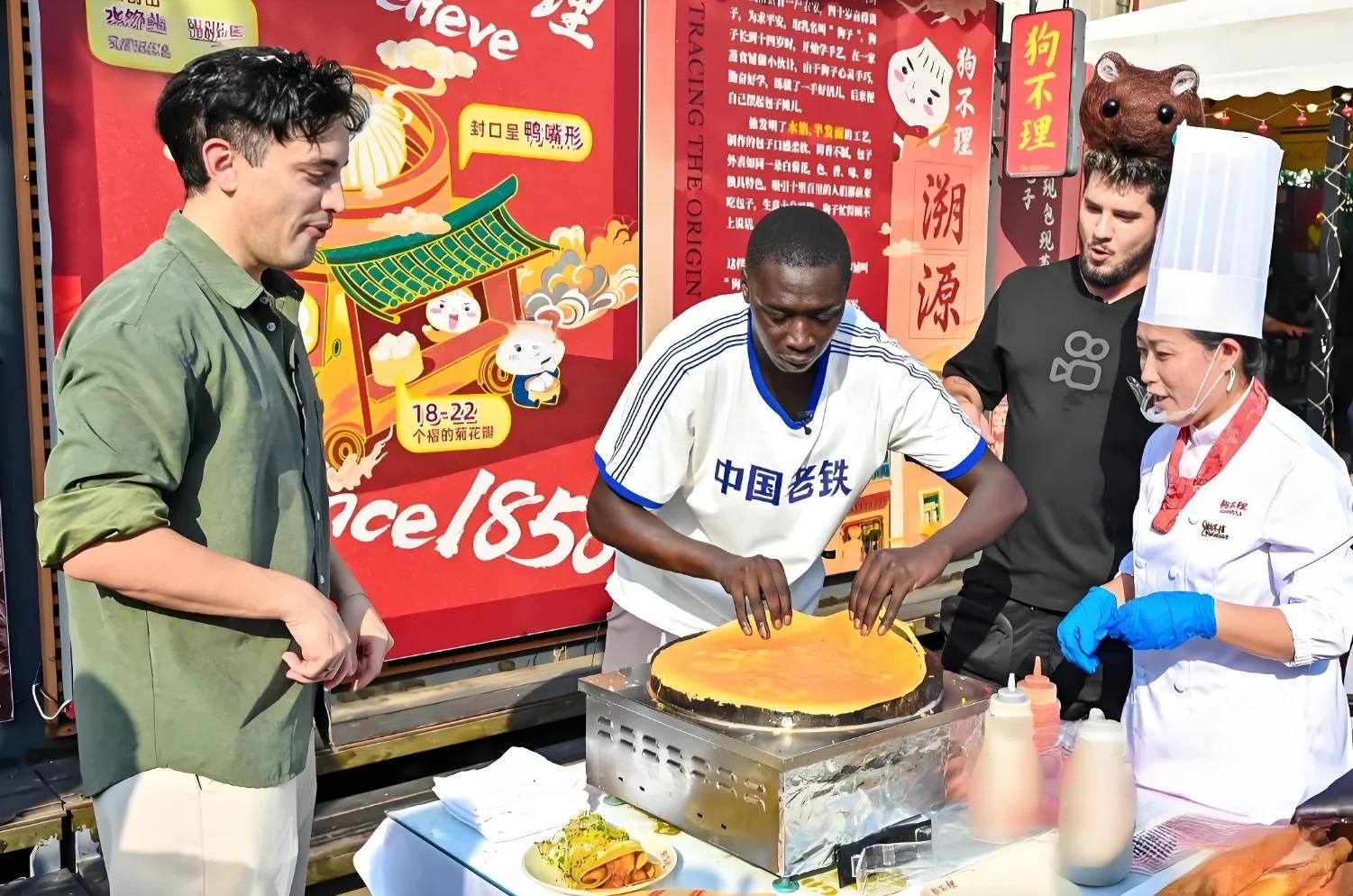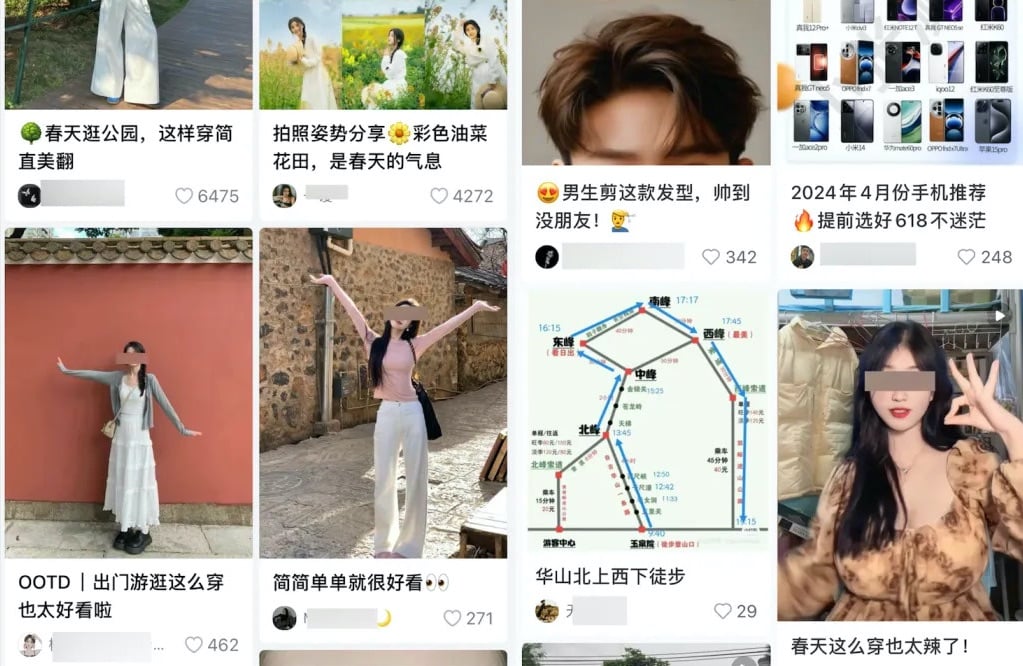Tastemakers is a regular column where we profile up-and-coming influencers in China (or of Chinese heritage). This month, RADII shines a light on the work of Xu Yajun, who launched the charity Super Girl to provide access to feminine hygiene products to girls in rural areas.
In April 2022, Xu Yajun launched a brand and charity called Super Girl (超力少女, chaoli shaonv) with a particular mission in mind: to empower schoolgirls in rural areas by providing them with access to sanitary pads.
One month later, Xu and his partner visited a school in the southwestern province of Yunnan and donated boxes of sanitary pads — enough for the school’s 478 girls to use for a whole year.

However, as a male influencer who mainly makes short documentaries on manufacturing in China, launching a feminine care product has brought Xu unwanted suspicion. Negative comments came pouring in, and many questioned his true intentions.
“Well, I understand it’s normal to be targeted online as an influencer,” he tells RADII. “It’s useless to explain; actually, the more you explain, the more negative comments will come at you. All I can do is persuade others through my actions.”
The Super Girl project originated from his best-known documentary series, Made in China. In the series, which has been running for the past six years, Xu works with factories across China to produce videos and help local manufacturers grow.
Factory Worker Turned Influencer
Born in the Central China province of Henan, the 32-year-old influencer moved to Guangdong with his family at age 6. After dropping out of middle school, he worked at a clothing factory for four years, and it was there that he learned about the world of fabrics and the textile industry.
Xu then worked at an electronics factory in Shenzhen, the digital capital of China. It was an easy but uninspiring job that required working for more than 10 hours a day and alternating between day and night shifts. He was sometimes too tired to open his eyes but managed the tasks solely based on muscle memory.
Later, Xu moved to Beijing and hopped from gig to gig, becoming a waiter, a baker, a makeup artist, a modeling agency employee, and a marketing representative.

In 2016, Xu created an account titled ‘Yajun Channel’ on the Chinese streaming platform Bilibili and started to produce short videos. Thanks to his experience working at a textile mill, Xu’s first series of online clothing shop reviews soon went viral on the platform.
In the videos, Xu sharply criticized some internet-famous (网红, wanghong) shops for carrying low-quality products with loose threads. His sharp burns became an inside joke among his fans and an inspiration for further business development.
After receiving backlash from some online celebrities, Xu switched his focus to making documentaries on China’s manufacturing industry. He also launched his own clothing brand, ‘Thread Project,’ in collaboration with a handful of reliable factories he discovered while making videos.

Now based in Hangzhou, Xu owns a media company with around 20 staff who are in charge of content creation and ecommerce.
“I come from a humble background and have been a frontline worker. I want to use my perspective to document the transformation and take-off of China’s manufacturing industry. I believe that 10 years from now, no foreign brand will be able to beat made-in-China products,” said Xu in an interview with the digital media site Yitiao.
Made-in-China Evangelist
In 2018, Xu started making his best-known series, Made in China. Devoid of filters or cinematic shots, the program was sometimes shot with his smartphone and aimed to present the reality of China’s manufacturing industry.
Aside from filming actual work scenes inside factories, Xu also chats with and shadows workers to document their daily lives, which entailed hanging out at restaurants or entertainment venues nearby.

Xu has visited some of the world’s top manufacturers over the years. A particularly memorable visit was to a small village in North China. The settlement is known as China’s most significant ‘guitar town,’ and about one-third of the local population is involved in producing electric guitars.
While there, one of the workers told Xu that his favorite song was Red Hot Chili Peppers’ ‘Don’t Forget Me’ and that he’d formed a band with his colleagues using spoons and guitars as instruments.

Over the past four years, Xu and his team have visited about 30 factories producing goods for various industries, and they’ve made about 40 episodes of Made in China. During this time, he has collaborated with manufacturers and helped them monetize and seek talents.
“I’m proud that we’ve been able to do this. We only went to small or medium-sized factories in rural areas that needed opportunities, money, and upgrades,” says Xu.
These interactions with production facilities across China have also led Xu to produce his own products, including cotton, clothing, and sanitary products.
Super Girl Power
In September 2020, the prevalence of non-branded sanitary pads of dubious quality generated heated discussions online about menstrual health and period poverty in China. Inspired and curious about the issue, Xu visited China’s biggest sanitary napkins maker in Quanzhou in southeastern China to film a Made in China episode, which was released in May 2021.
“I didn’t have much of an opportunity to learn about women’s health problems,” admits Xu. “While making the documentary, I realized that many women in China still can’t afford sanitary products.”
As usual, he collaborated with the factory and acquired discounted products for his fans. A box of about 40 pads of different lengths was sold for 31.9 RMB (4.77 USD).
Xu received positive feedback on the video and the affordable products. Some even suggested he turn it into a charity program — a suggestion Xu took to heart.
In April 2022, he created the ‘Super Girl’ program with a female friend. Instead of accepting direct donations, they operate Super Girl as a nonprofit brand that relies on online sales and social media ad revenue to donate pads to those in need and to keep their program sustainable.

Despite being questioned by some netizens, Xu is marching on with his project.
“If I can solve some social problems, [even if it’s] not all of them, I think that’s something to be proud of,” he says.

Xu is seeking volunteers to join his cause and has offered to give them shoutouts in his videos.
“We should give people who do charity the respect, praise, and honor that they deserve, thus they’ll stay passionate and motivated about doing charity,” shares Xu. “I think we’re living in a good era where you’ll be supported and recognized if you truly and sincerely do good deeds.”
He hopes his program will have a significant impact and generate more attention. Xu also welcomes companies that are willing to cooperate to reach out.
“I hope this project can provide free pads for all girls in rural parts of Yunnan.”
All images courtesy of Xu Yajun


















